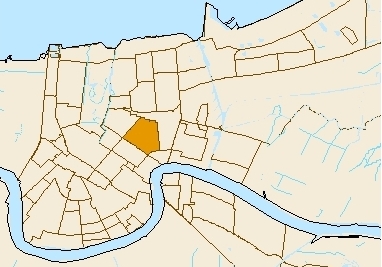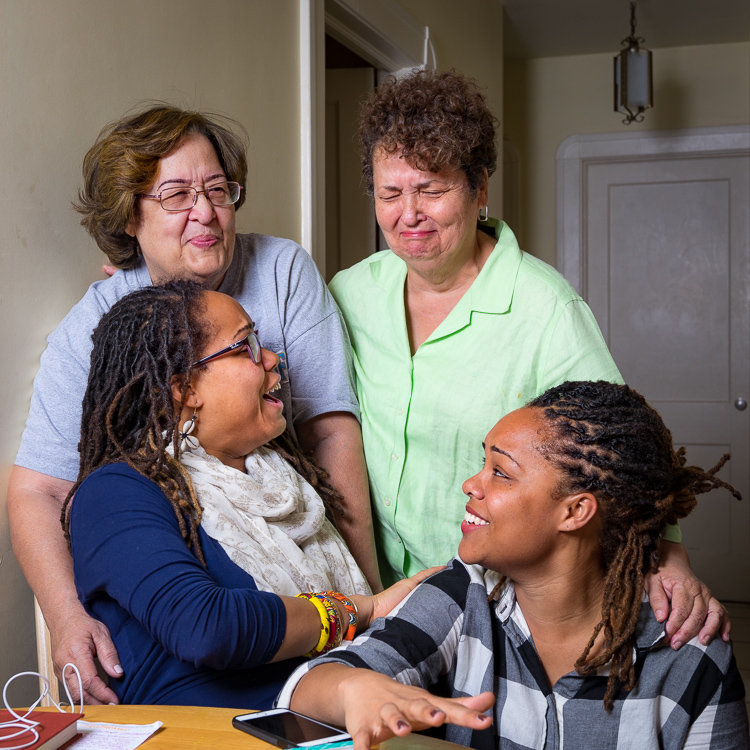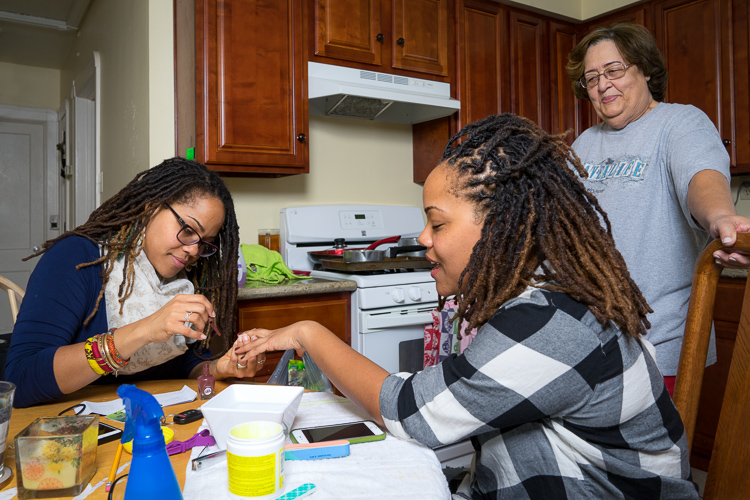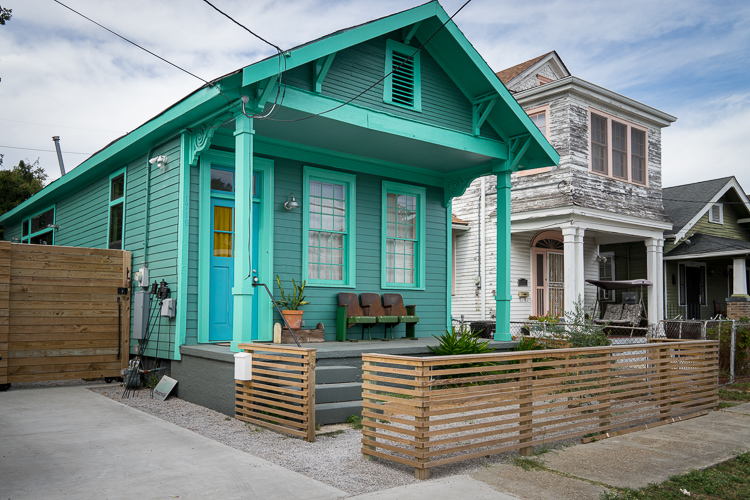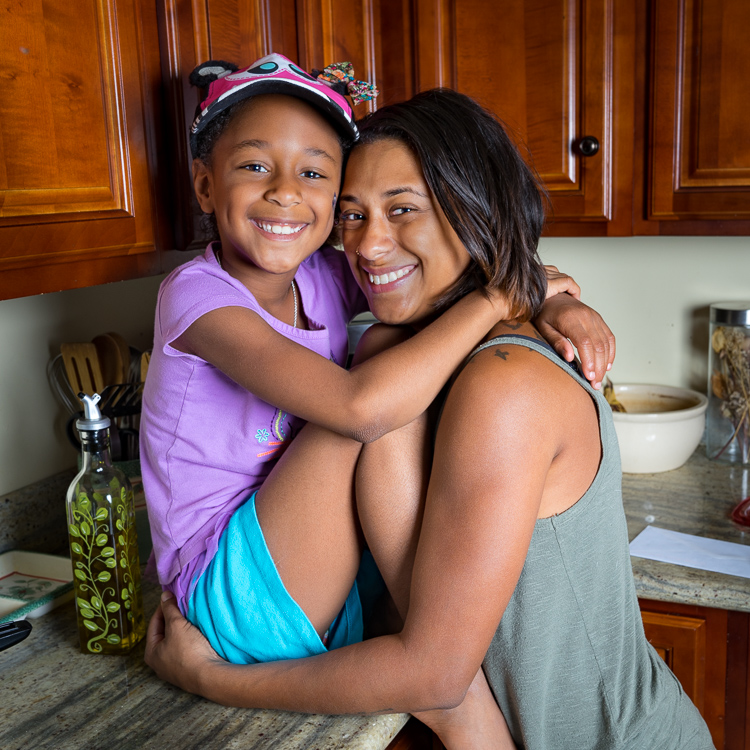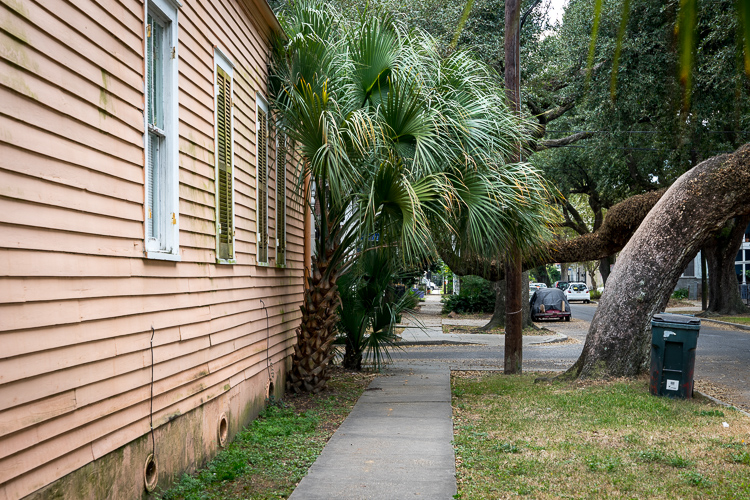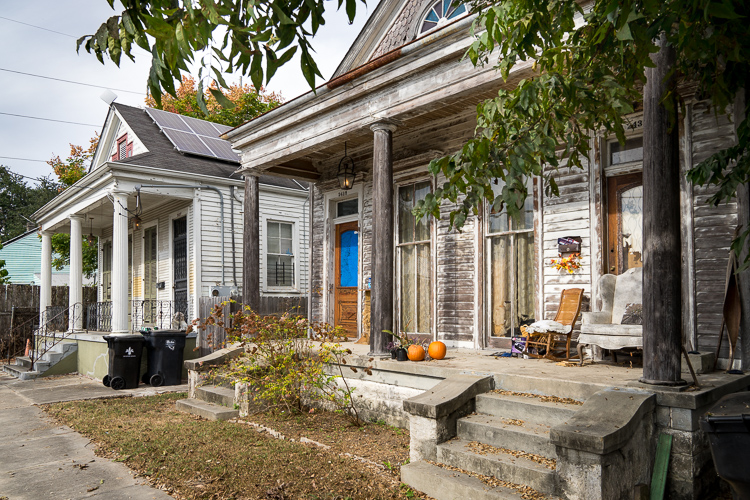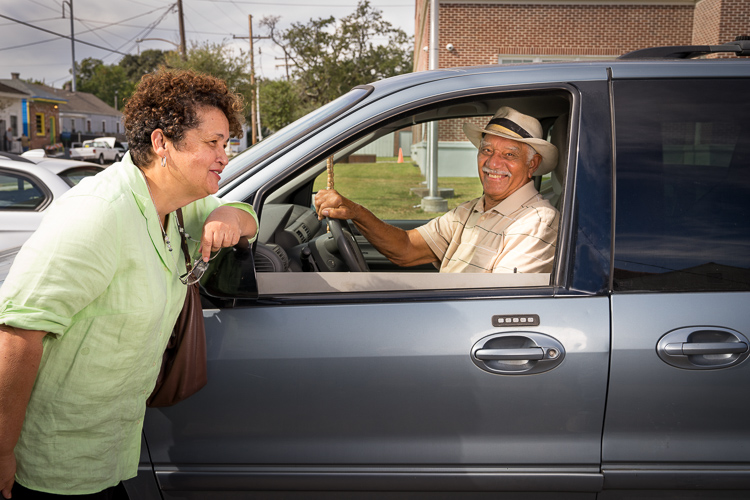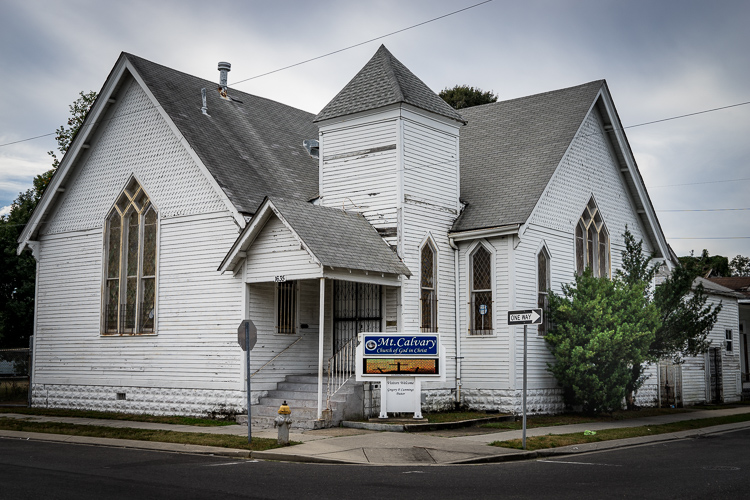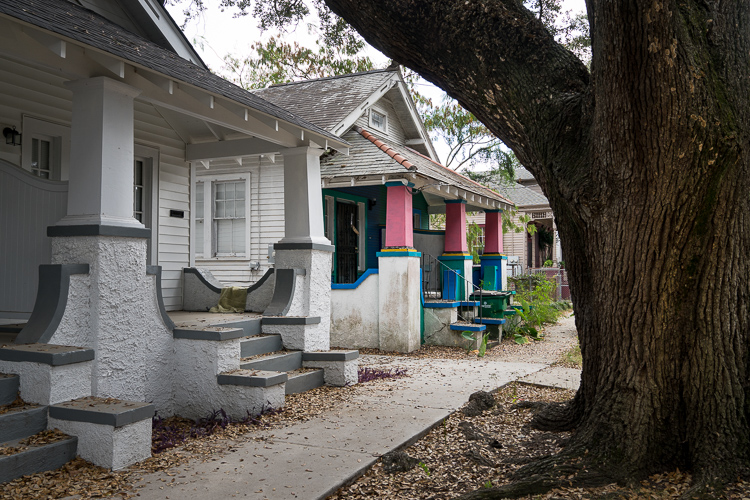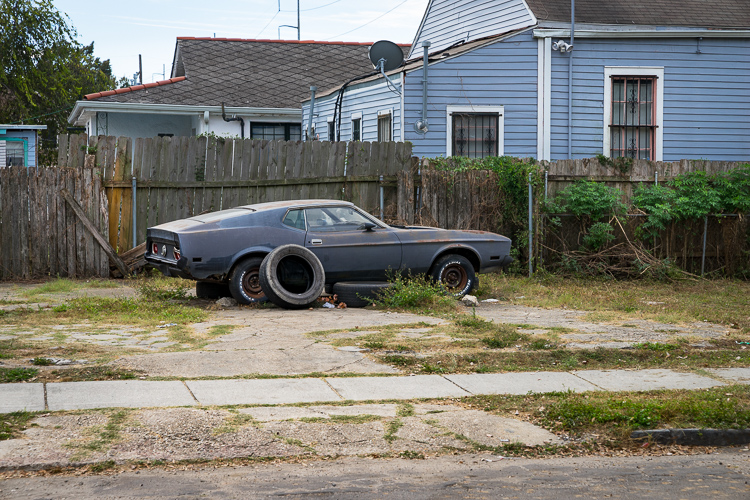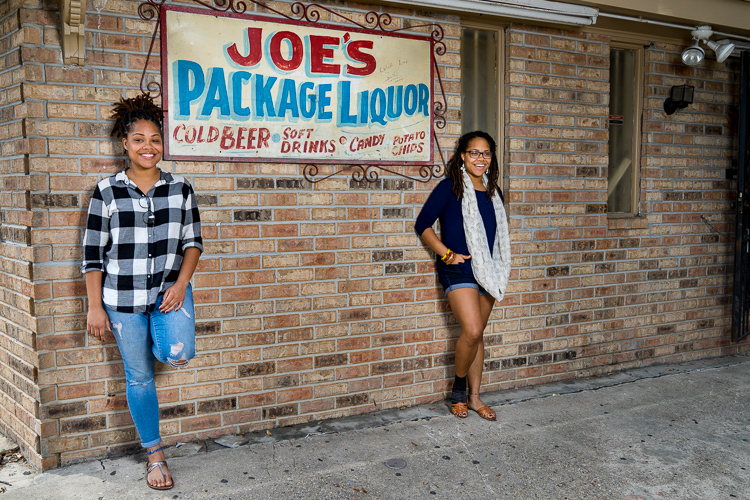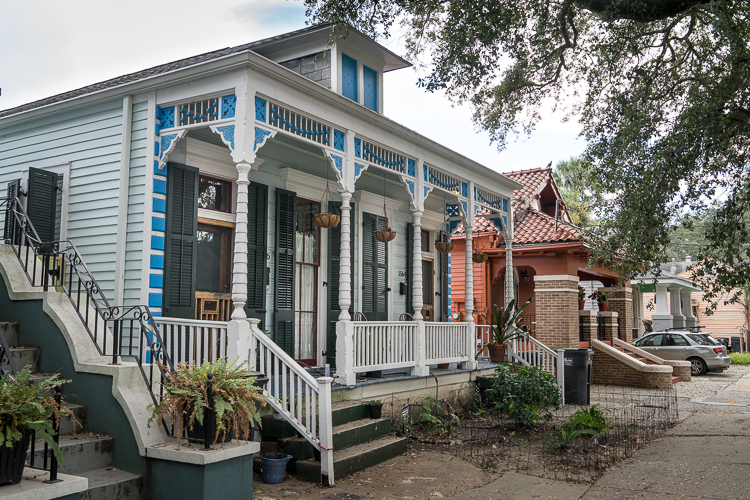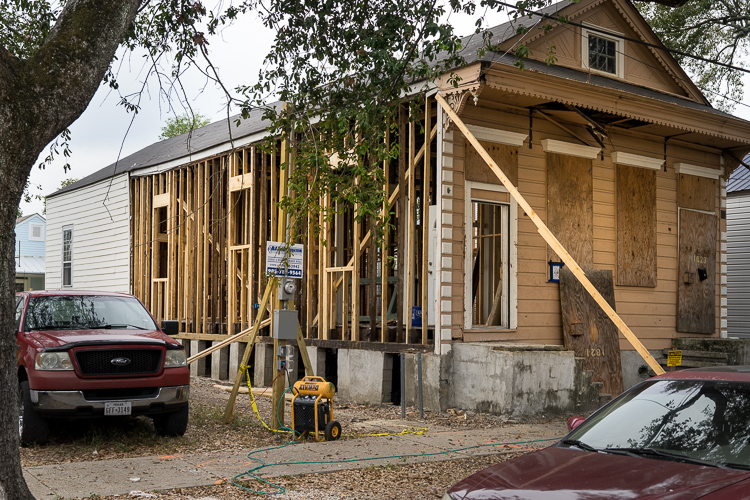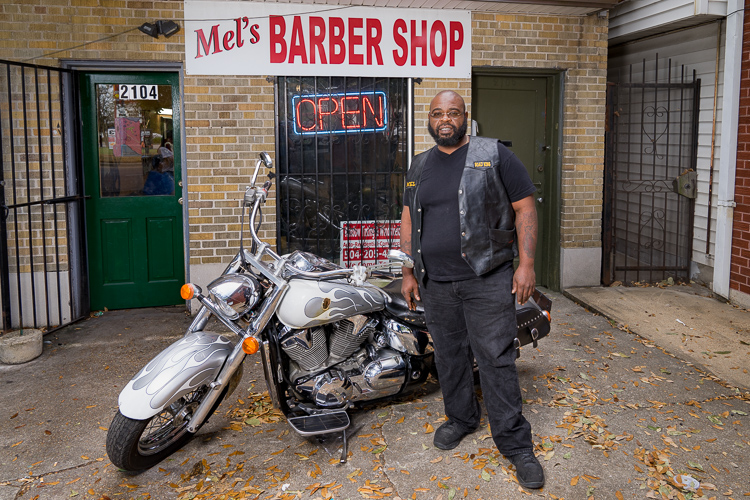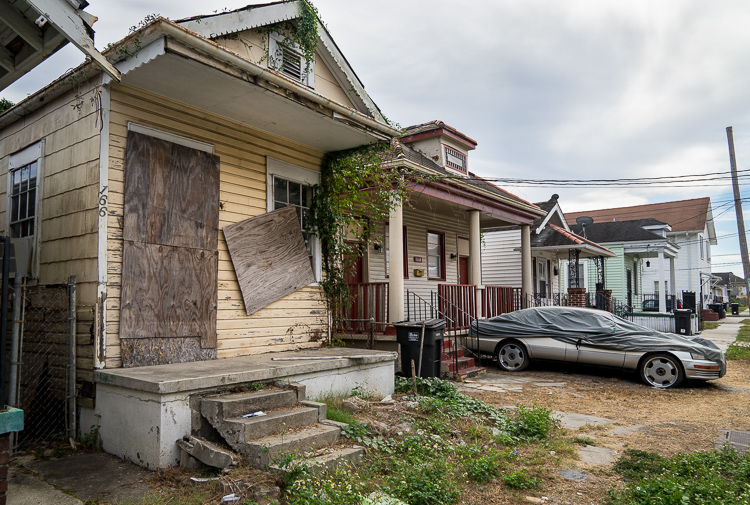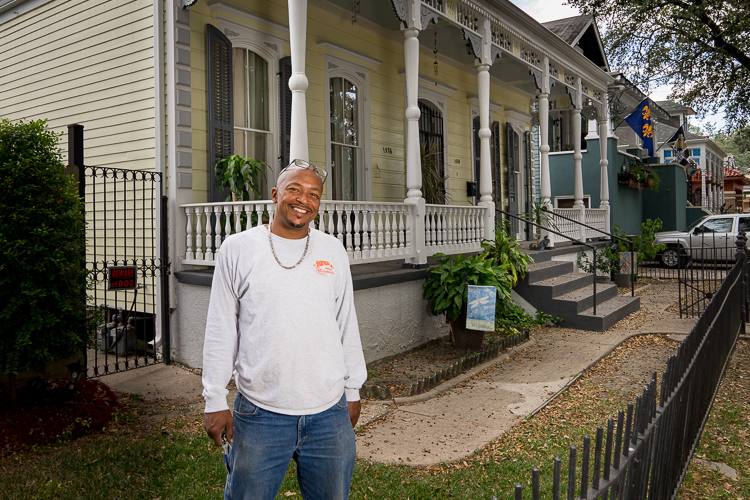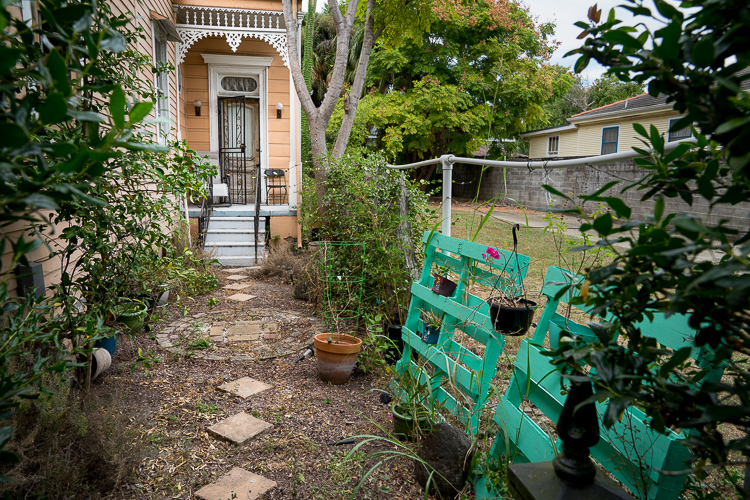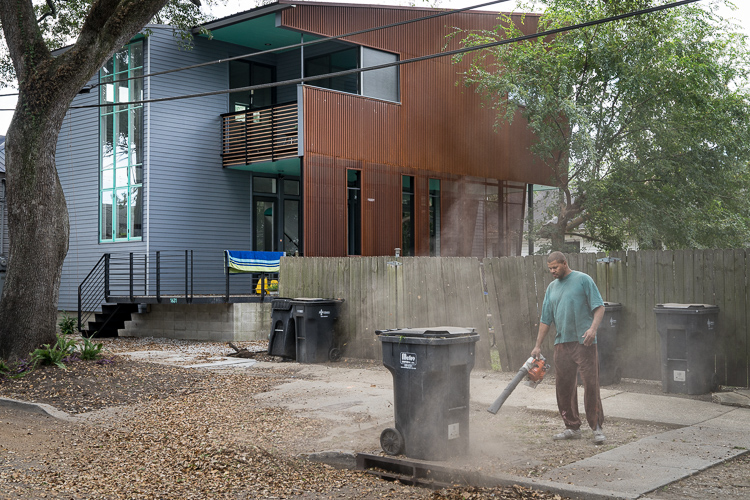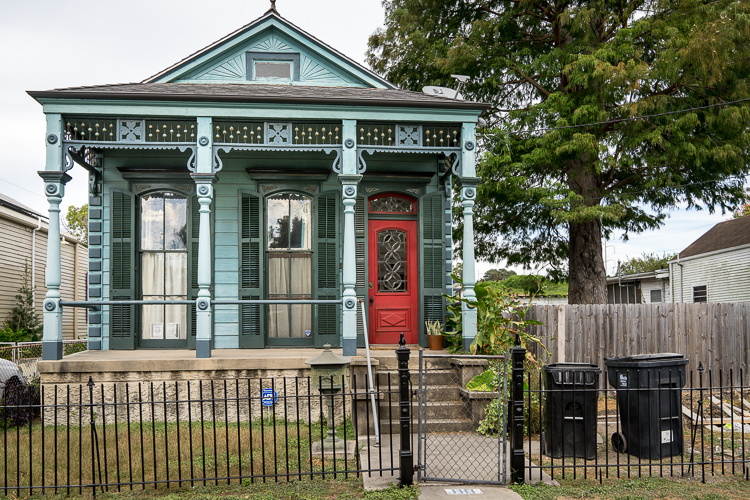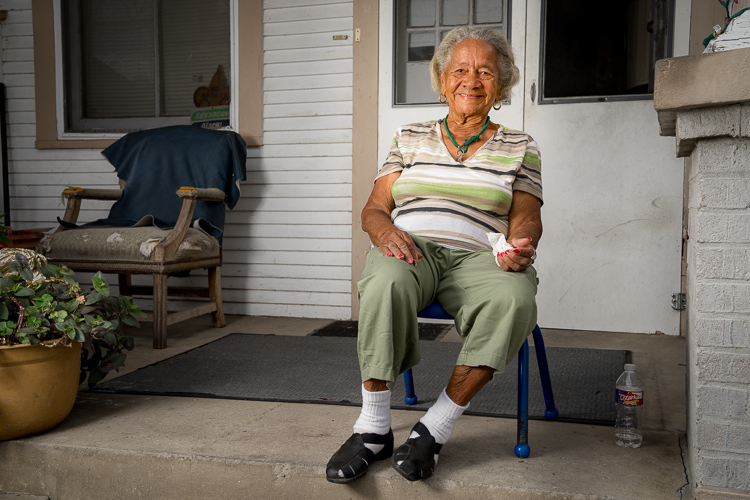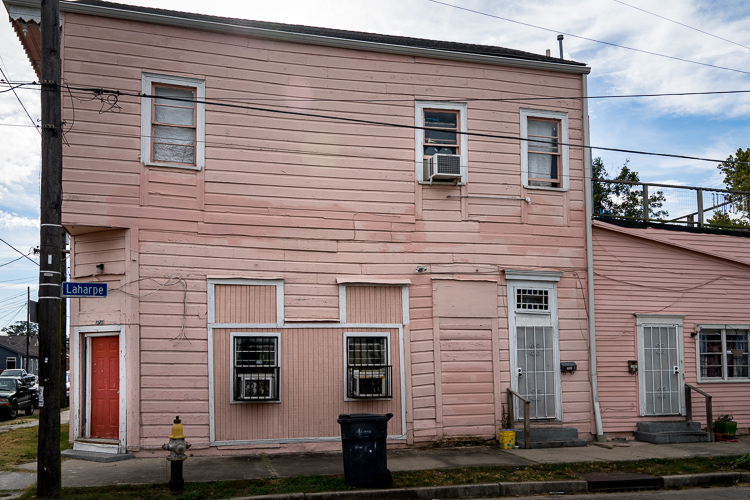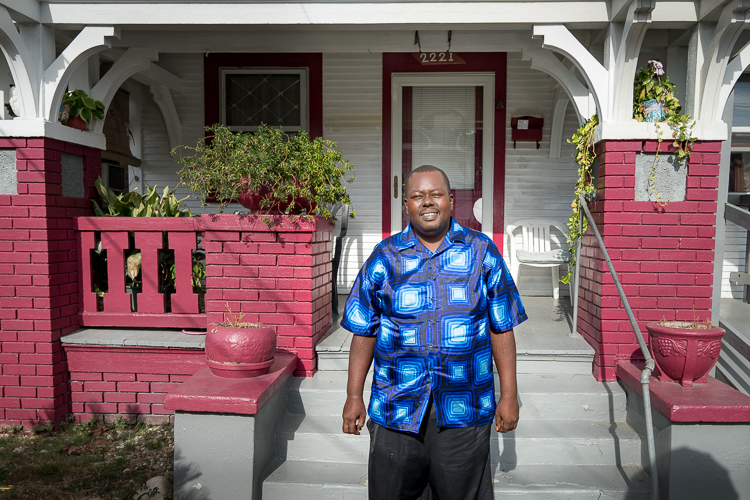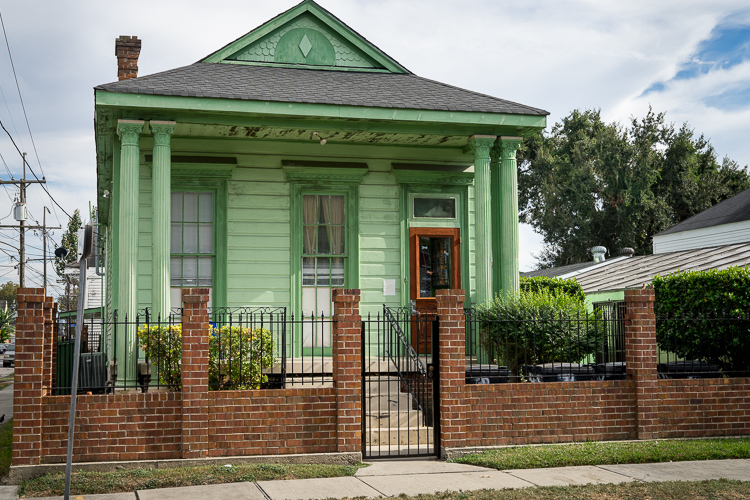Kaitlyn: Okay so I'm going to tell you a story because that's how black people do it. So one night I got home - oh wait, I can tell you two stories. I was in the house, it was late at night. Our doorbell is very loud, this is not this woman's fault, but it's very loud and it's late at night, and its like alarming. So it rings one time and we're like, "Who is that? It's ten o'clock at night and I'm not answering the door." And then it rang again. So I go to the door and this woman is like, "Hi, we're renting the Airbnb. Someone' s parked on the street and I want to know if it is you." And I was like, "Yes, that is my car, there aren't spots, we park on the street." And She's like, "Well, I just want to know if you can move your car so we can be right in front of the door." And I was like, "No there's spots across the street." And she said, "Well we would just feel more comfortable with the car in front of the house." And I was like, "I'm sorry." And she said, "and also my sister's disabled, so she can't walk across the street." And I was like, "no ma'am. You need to park across the street like anyone else would." And she was just really upset. And it took me a second to process; I thought she was just being…whatever….but she is renting in this neighborhood, short-term, and is afraid of the people who are indigenous, if that's what you want to say. Like this is my home. This is my house. I park across the street. You park across the street. But you're scared? How did I say it? One time I said, it is consumerism, and not community. You want to come and be close to the French Quarter so you look on Google maps and you see, "Oh Onzaga and Tonti that's close to the French Quarter, I wouldn't have to pay a lot for an Uber." But then they get here and they see enough black people, enough young black people, you see enough people on bicycles or pedestrians, and then you feel like you have a right to be afraid of me? I'm at home. This is my house. And before this was my house, it was my family's house. My pa-pa built this house. So you don't have the right to come here and be a consumer who is also afraid, and then make this play something that it's not.
Alexi: If the same people who made them afraid had trombones and snares and were walking down the street with the second line, they'd be like, "Oh my goodness" and they'd get out their phone and take a lot of pictures. But when those people walk past, just living their lives, without the instruments, then it's like, "Oh terrified! I need to hide my things and go inside the house."
|
